Indonesia’s economy 2024
Feb 28, 2025
Resilient growth amid challenges Indonesia’s economy continued to expand in 2024 despite global
The Cimigo Pan-Asian travel survey is out now
SHANGHAI – Hong Kong was the most popular travel destination for Asians in 2011, while Australia was ranked number one in terms of relaxation and sightseeing, according to a new survey by marketing and brand research specialist, Cimigo.
Cimigo General Manager China, Ms Daisy Sam, said the Cimigo Asian Travel Survey reaffirmed the Asian consumer’s love for travel, with travellers in every country surveyed showing a strong sentiment for future holiday plans.
“When asked whether they expected to increase, decrease or maintain their travel spending for the coming year, 61% of Asians surveyed said they plan to increase their travel, compared to just 33% who planned to maintain the same spending and only 6% who said they will decrease,” Ms Sam said.
“With consumers in India (81%), Indonesia (66%) and China (65%) all indicating that their travel budgets will increase in the coming year, Asian travellers are likely to be seen in greater numbers across the globe in the future.”
Cimigo surveyed 1,034 travel consumers from China, Hong Kong, India, Singapore and Indonesia about their international travel habits in July 2012. Consumers had to be 18 years or older and must have made at least one overseas leisure trip in 2011 and 2012.
The Cimigo Asian Travel Survey asked consumers the overseas destinations they visited in 2011, as well as their preferred destinations for their next leisure trip for shopping, sightseeing and relaxation.
Hong Kong was the most popular destination overall for travellers from Asia in 2011, with 31% of Asian travel consumers visiting the city that year, according to the survey. Singapore (26%) and Malaysia (25%) were the second and third most popular destinations, with China coming in fourth at 23%.
Hong Kong is also still the number one shopping destination for Asian travellers, with 40% of respondents naming the city as their preferred shopping destination for their next leisure trip.
Singapore and Japan are the second most popular shopping destinations, with 26% of respondents naming these countries as their preference, while Thailand (21%) came in third.
For sightseeing, 31% of Asian consumers name Australia as their preferred destination for their next leisure trip, making it the number one destination, closely followed by Japan (30%) and New Zealand (29%). Other popular destinations across all respondents for sightseeing include France (23%), Italy (22%) and the US (22%).
When it comes to relaxation, Australia and New Zealand are again the most popular spots for Asian consumers with 28% of travellers from all countries naming Australia, 26% of consumers naming New Zealand and 24% preferring Thailand.
Cimigo General Manager China, Ms Daisy Sam, said the results show that for sightseeing and relaxation, natural beauty is the most important consideration for Asian travel consumers.
“The Cimigo Asian Travel Survey shows that most Asian consumers tend to stay closer to home when it comes to shopping and want to visit places where they trust the quality of the products, like Hong Kong, Singapore and Japan, or where they believe they will get a good deal, like Dubai for Indians,” said Ms Sam.
“However, for sightseeing and relaxation, places further afield with abundant natural beauty like Australia, New Zealand, Thailand and Japan are definitely the winners. These places also tend to offer unique sights and culture that can’t be found elsewhere, increasing their attraction.”
Cimigo asked consumers in Hong Kong, Singapore, China, India and Indonesia where they usually search for information when planning an overseas leisure trip.
The Internet is the most popular source of information for Asian consumers when researching their travels, with 85% of all respondents overall naming online travel sites as their usual place to search for information, and every individual country naming it as their number one choice.
However, word of mouth still remains important for travel advice with close to two thirds of all Asian travel consumers (64%) naming recommendations from friends or relatives as where they usually search for travel information.
Countries who invest in their own online travel information can also be rewarded, with the official website of tourist boards popular as an information source among 62% of all consumers surveyed.
“The Cimigo Asian Travel Survey demonstrates the importance of a good, easily accessible internet site for all travel providers who want to attract Asian travellers,” said Ms Sam.
“However, a physical presence cannot be discounted, as a travel agent was the fourth most popular source of information across all countries. In densely populated cities like Hong Kong and those in India, physical travel agents were very popular channels for actual travel purchases, demonstrating the need for convenient offices and well-informed staff.”
The Cimigo 2012 Travel Survey was conducted in partnership with GMI and includes information on the travel habits and preferences of consumers aged 18 and above from China, Hong Kong, India, Singapore and Indonesia.
The information includes preferred destinations by purpose, class of travel, hotel and airline brand awareness, booking channels, loyalty program membership and budget and spending information. The survey was conducted using GMI’s online panel from July 21 to July 27 2012. Cimigo interviewed 1,034 respondents, who had made at least one leisure trip to an overseas destination in 2011 and 2012. The survey lasted approximately 15 minutes.

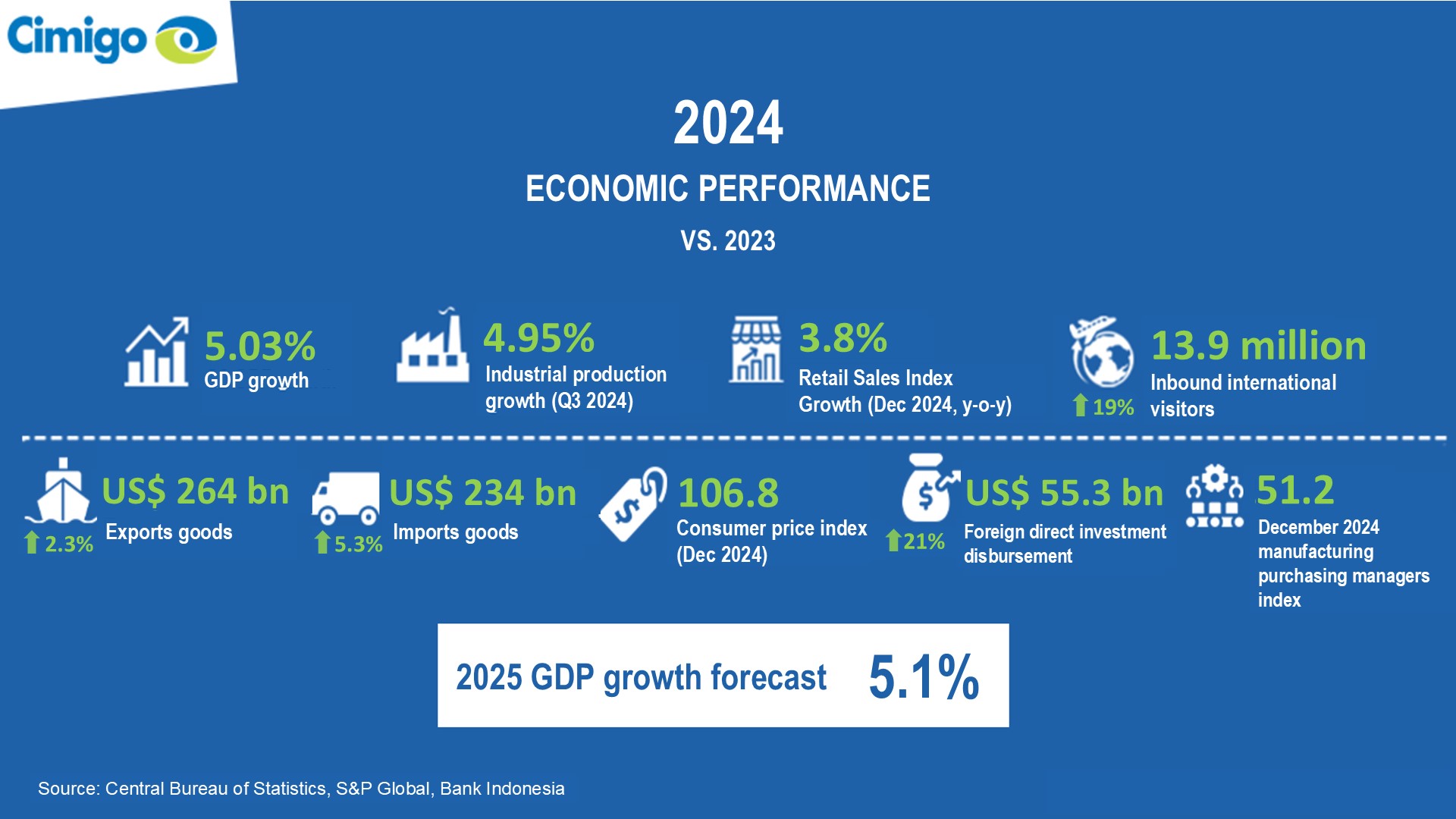
Indonesia’s economy 2024
Feb 28, 2025
Resilient growth amid challenges Indonesia’s economy continued to expand in 2024 despite global

Vietnam consumer trends 2025
Feb 23, 2025
Vietnam consumer trends 2025 Vietnam consumer trends 2025 explores the eight reasons Vietnam will

Beyond beauty: The changing face of personal care in Indonesia
Jan 27, 2025
The personal care market in Indonesia is undergoing a significant transformation, with consumers

Lisa Nguyen - VN Marketing Lead

Sam Houston - Chief Executive Officer

Minh Thu - Consumer Market Insights Manager
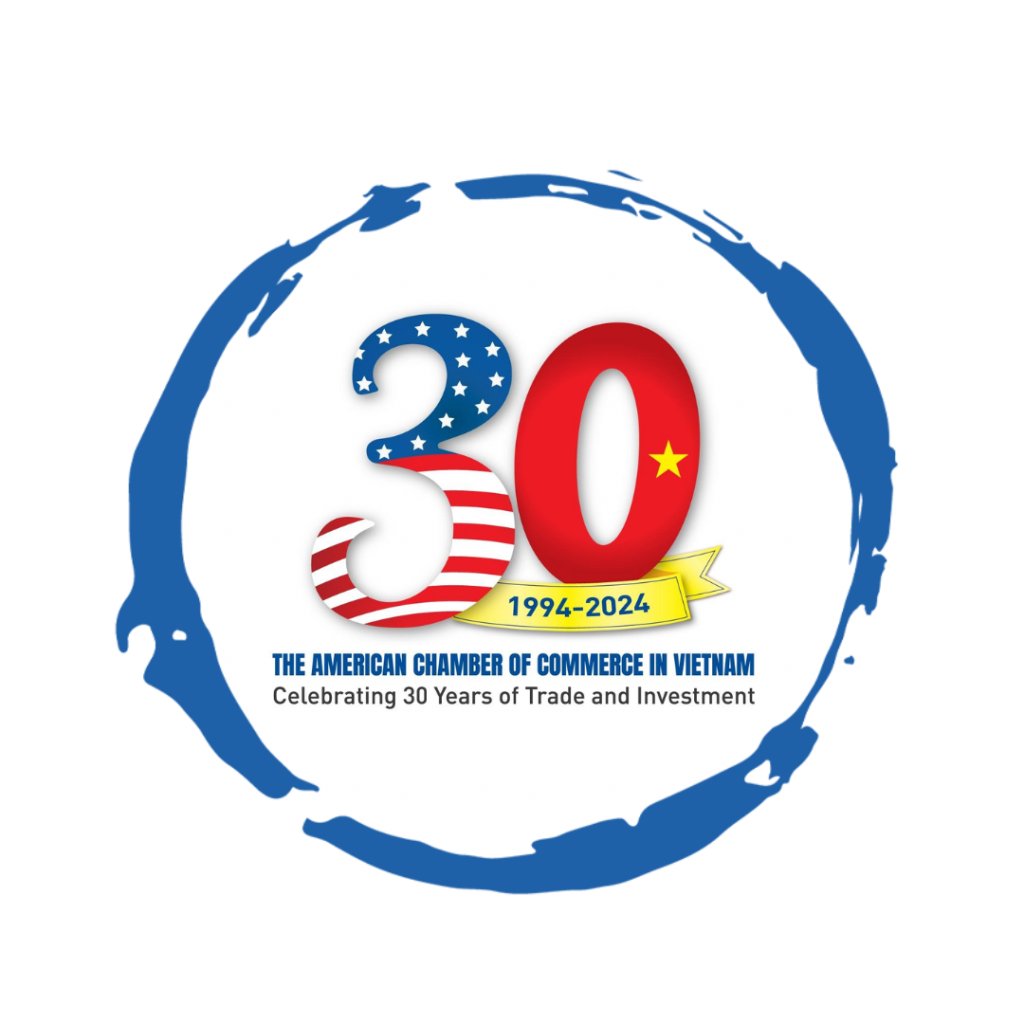
Travis Mitchell - Executive Director

Malcolm Farmer - Managing Director

Hy Vu - Head of Research Department
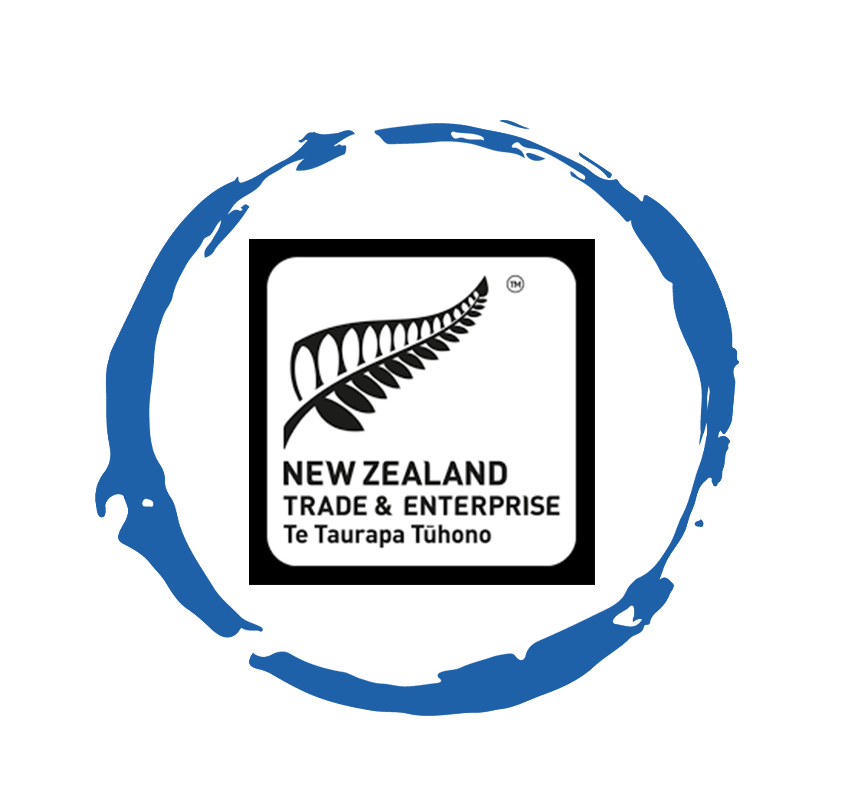
Joe Nelson - New Zealand Consulate General

Steve Kretschmer - Executive Director

York Spencer - Global Marketing Director

Laura Baines - Programmes Snr Manager

Mai Trang - Brand Manager of Romano

Hanh Dang - Product Marketing Manager

Luan Nguyen - Market Research Team Leader
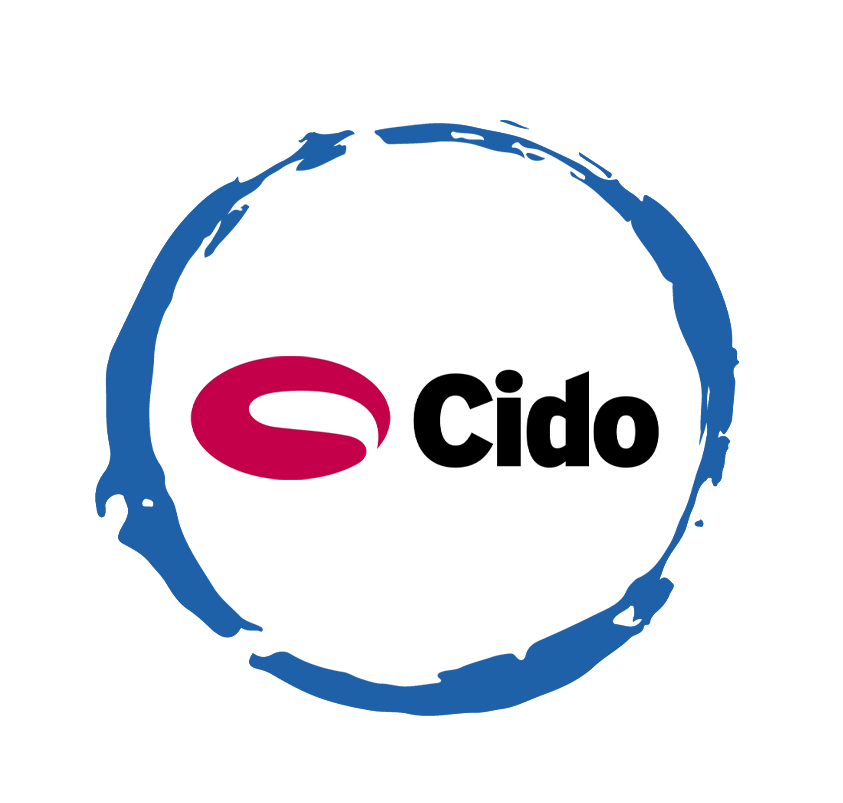
Max Lee - Project Manager

Chris Elkin - Founder

Ronald Reagan - Deputy Group Head After Sales & CS Operation

Chad Ovel - Partner

Private English Language Schools - Chief Executive Officer

Rick Reid - Creative Director

Janine Katzberg - Projects Director

Anya Nipper - Project Coordination Director

Dr. Jean-Marcel Guillon - Chief Executive Officer

Joyce - Pricing Manager

Matt Thwaites - Commercial Director

Aashish Kapoor - Head of Marketing

Kelly Vo - Founder & Host
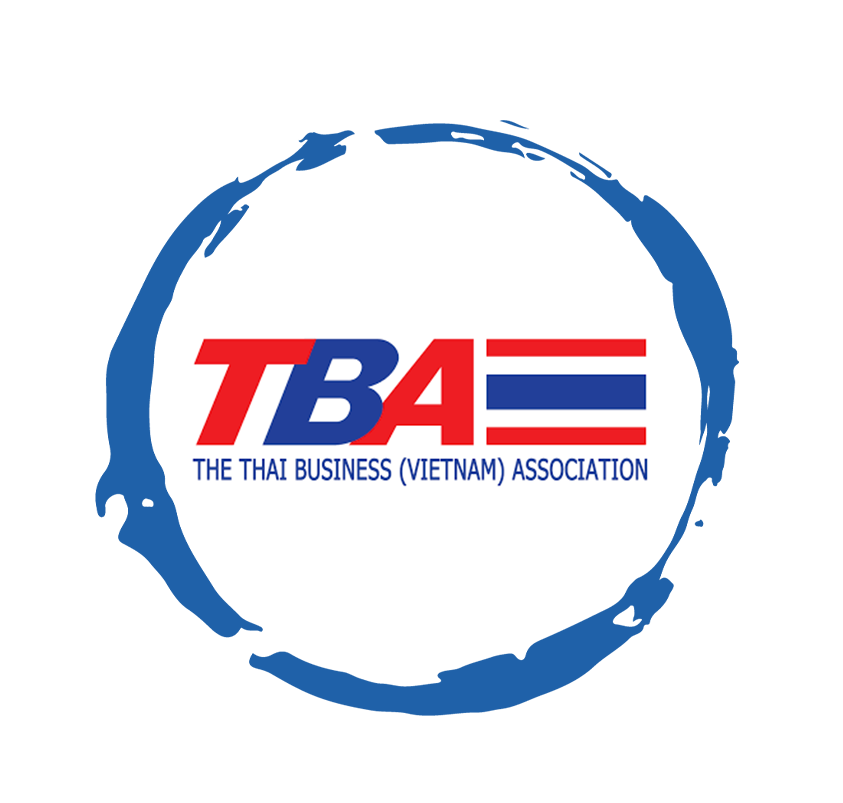
Thanyachat Auttanukune - Board of Management
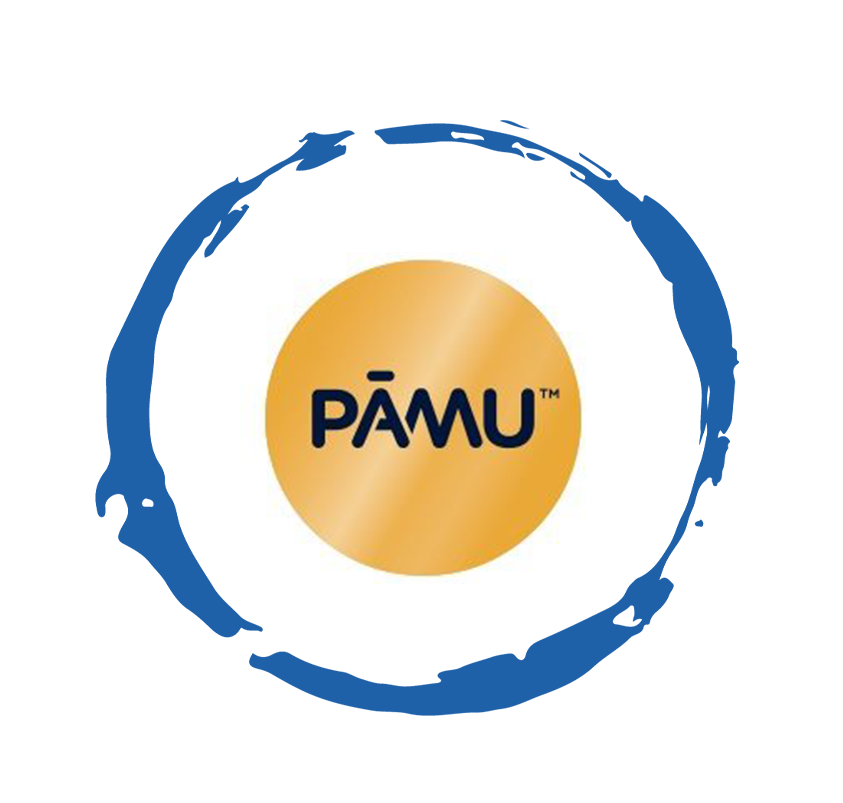
Hamish Glendinning - Business Lead

Thuy Le - Consumer Insight Manager

Richard Willis - Director

Ha Dinh - Project Lead

Geert Heestermans - Marketing Director

Louise Knox - Consumer Technical Insights

Aimee Shear - Senior Research Executive

Dennis Kurnia - Head of Consumer Insights

Tania Desela - Senior Product Manager

Thu Phung - CTI Manager

Linda Yeoh - CMI Manager

Cimigo’s market research team in Vietnam and Indonesia love to help you make better choices.

Cimigo provides market research solutions in Vietnam and Indonesia that will help you make better choices.

Cimigo provides a range of consumer marketing trends and market research on market sectors and consumer segments in Vietnam and Indonesia.

Cimigo provides a range of free market research reports on market sectors and consumer segments in Vietnam and Indonesia.
Please enter the information for free download.
The report will be sent to your email.
When downloading our reports, you agree to be contacted for marketing purposes.
Please enter the information for free download.
The report will be sent to your email.
When downloading our reports, you agree to be contacted for marketing purposes.
Vui lòng điền thông tin vào biểu mẫu bên dưới để tải về báo cáo miễn phí.
Báo cáo sẽ được gửi vào email bạn điền ở bên dưới.
Khi tải xuống các báo cáo của chúng tôi, bạn đồng ý được liên hệ cho mục đích tiếp thị.
Xin cảm ơn. Một email kèm với đường dẫn tải báo cáo đã được gửi đến bạn.
